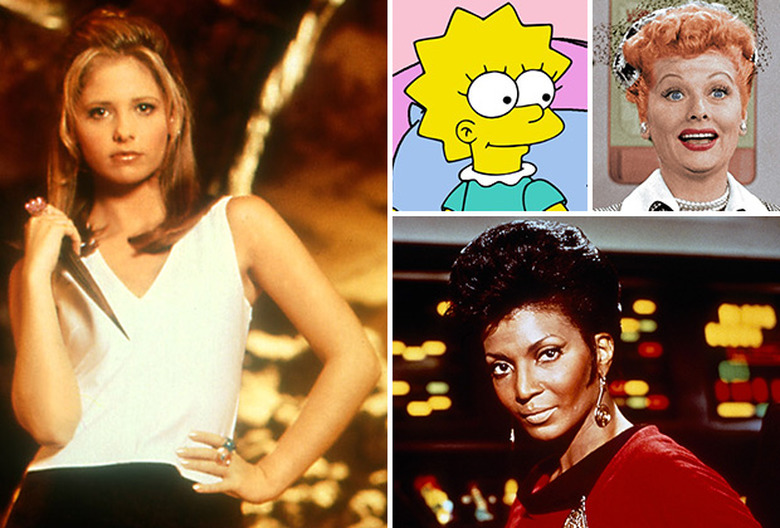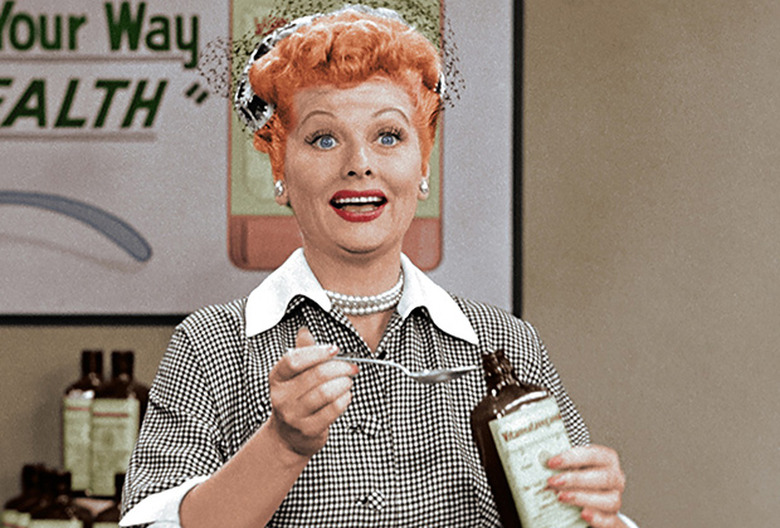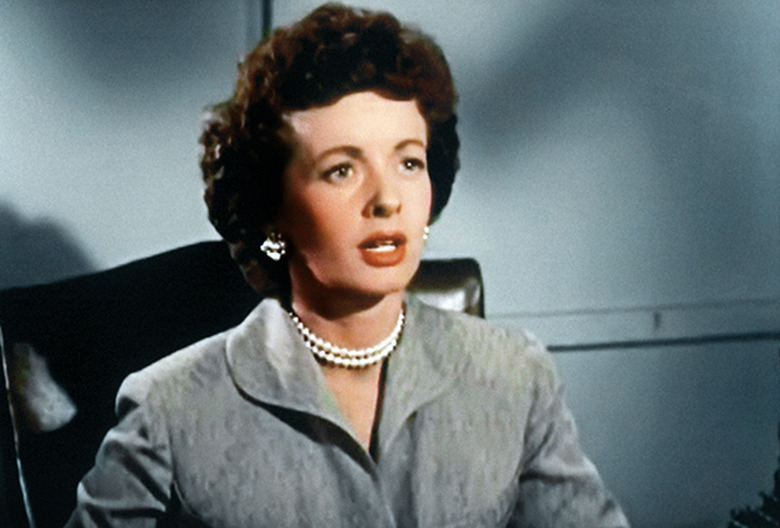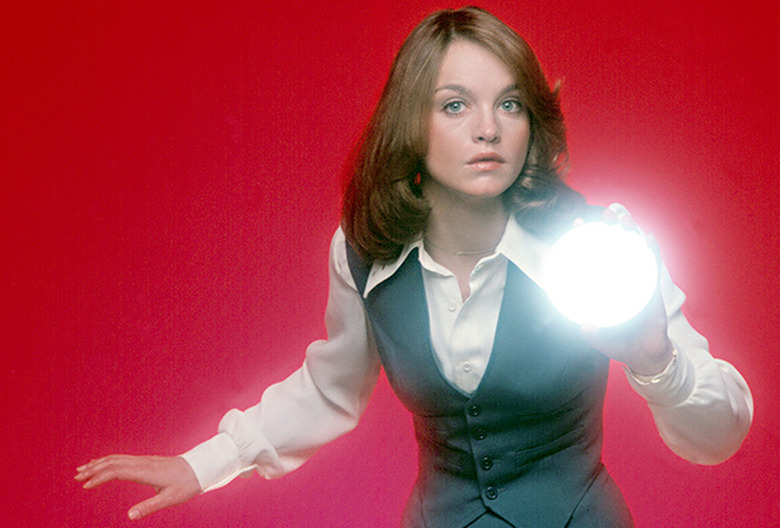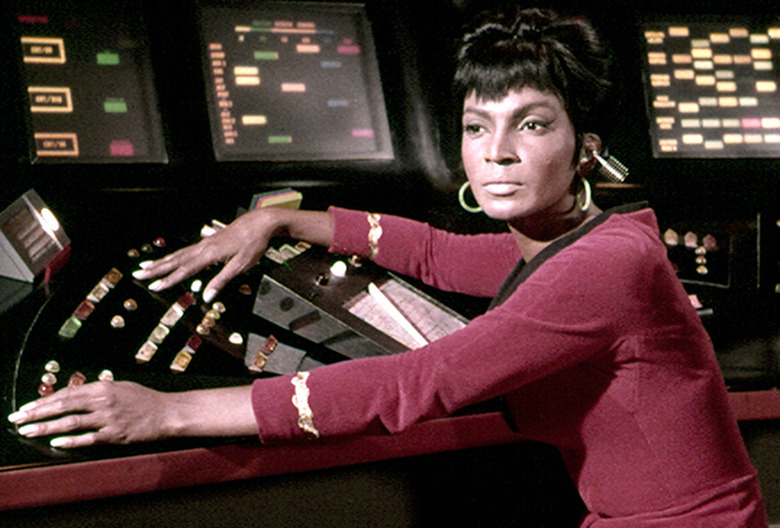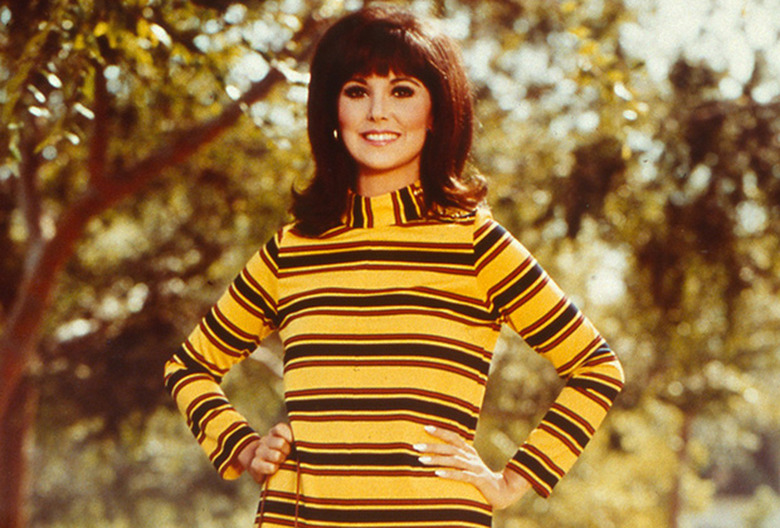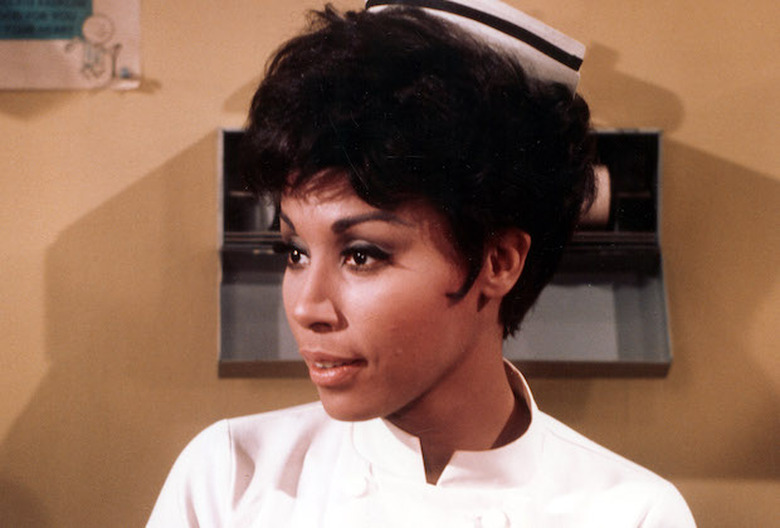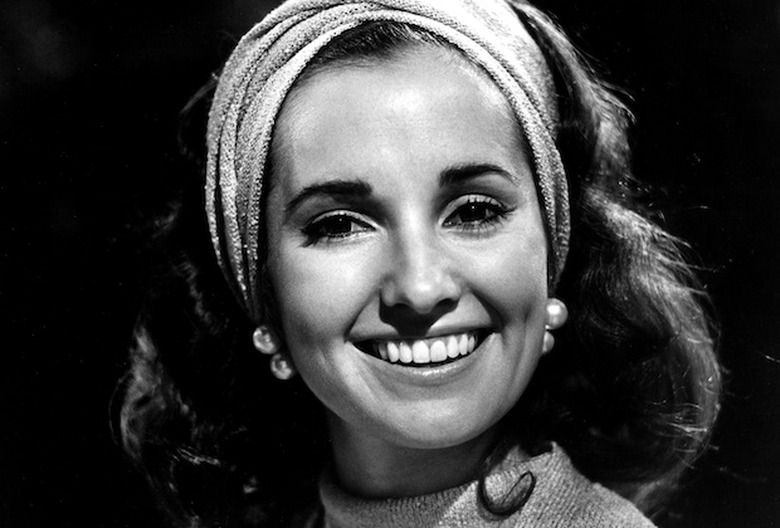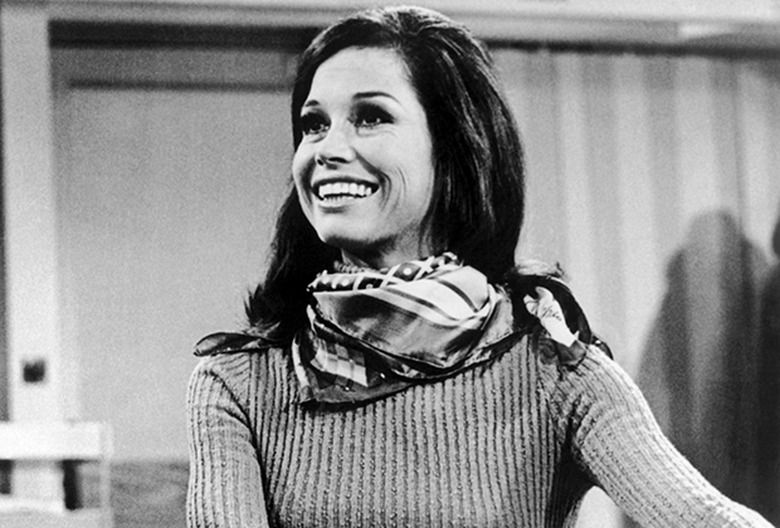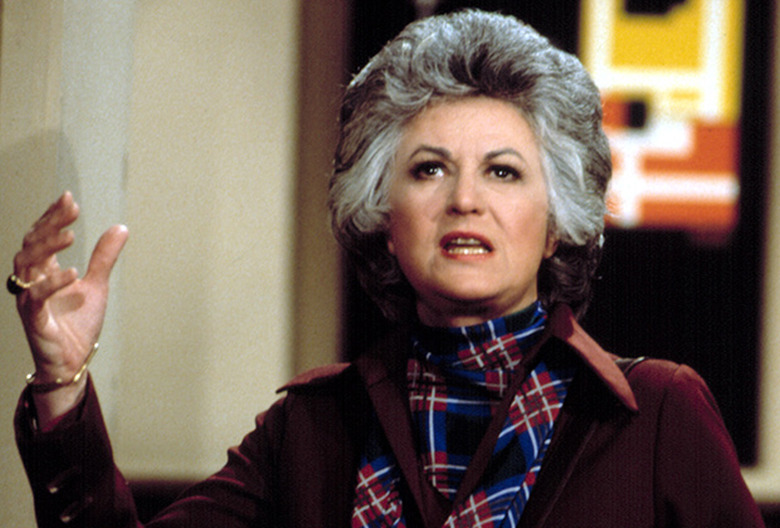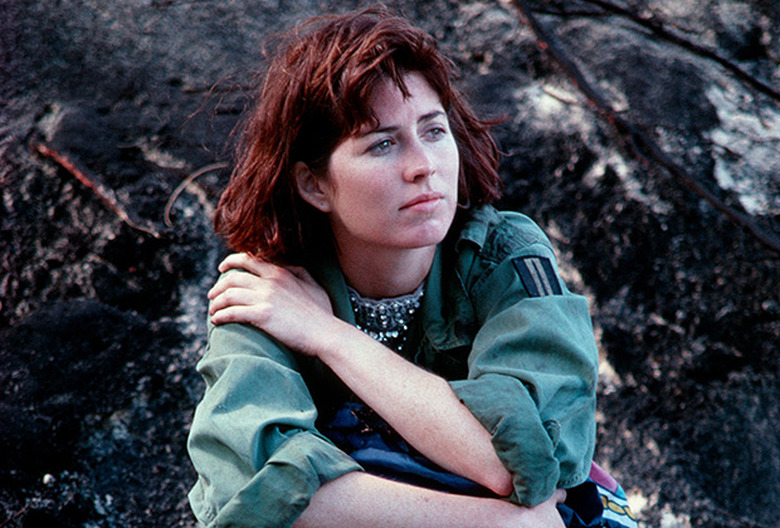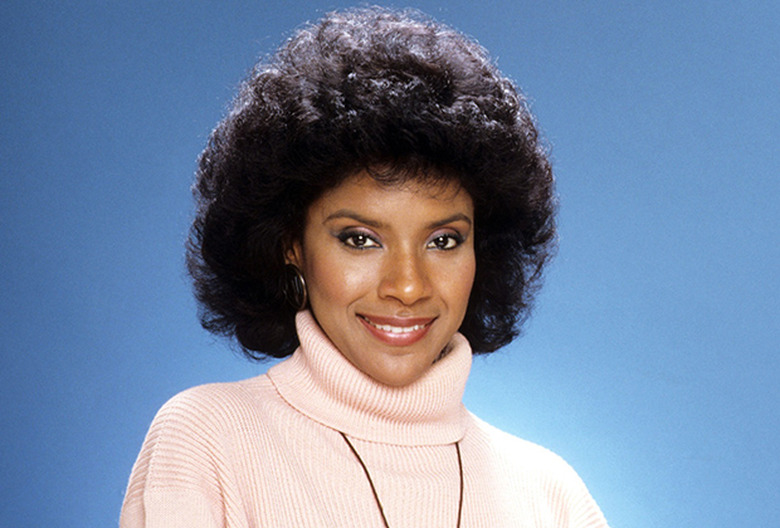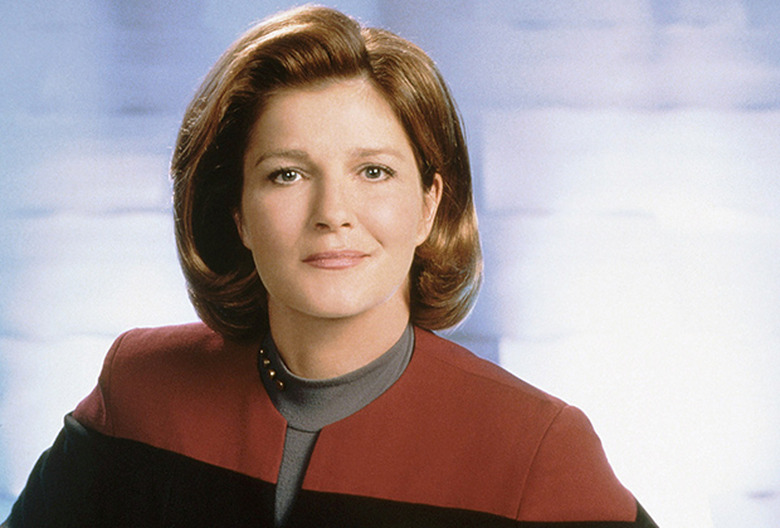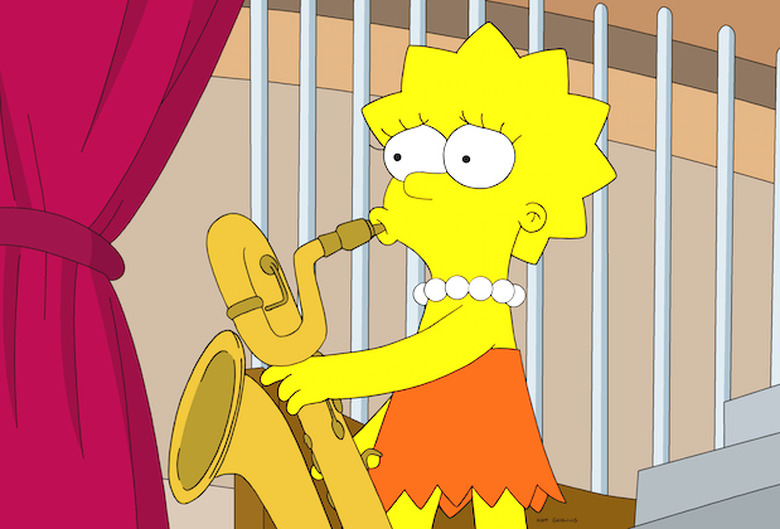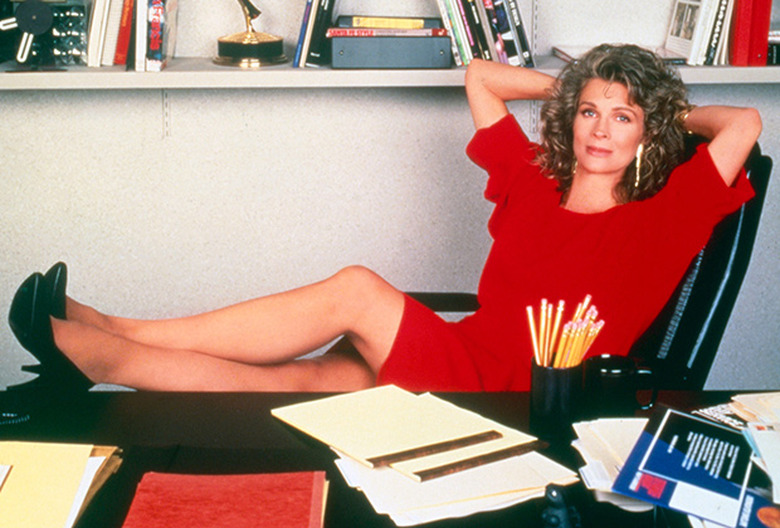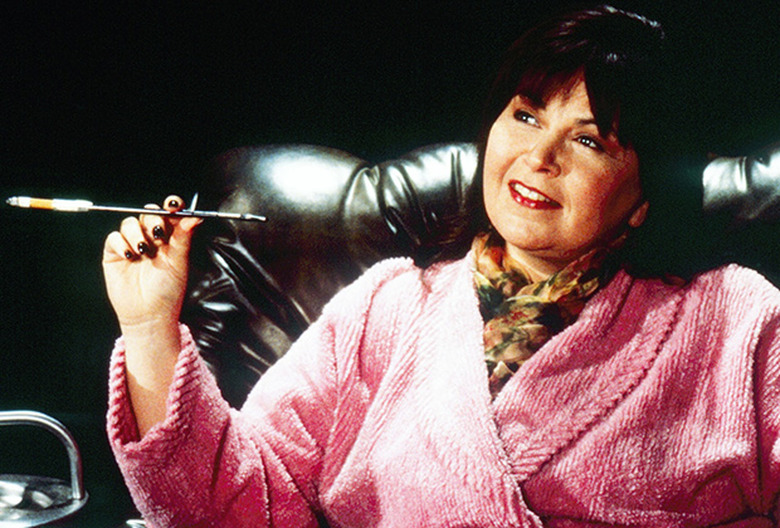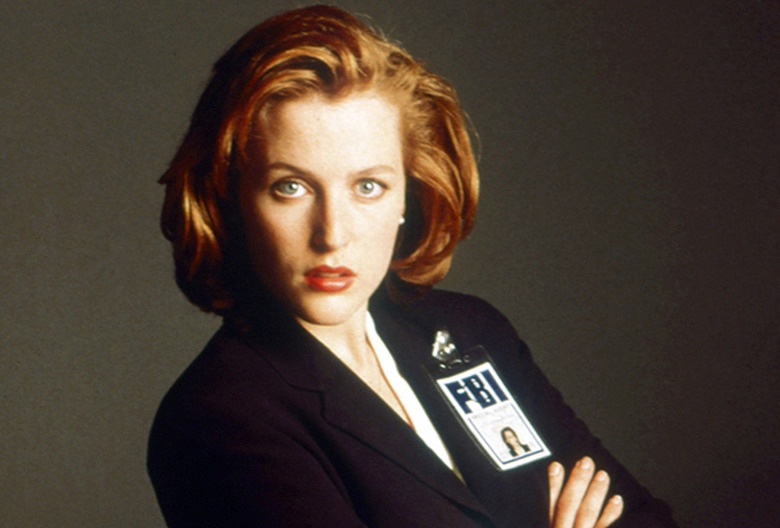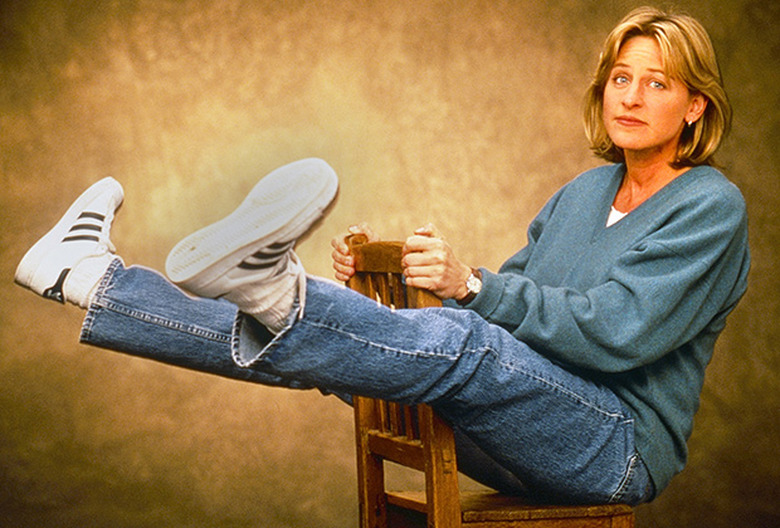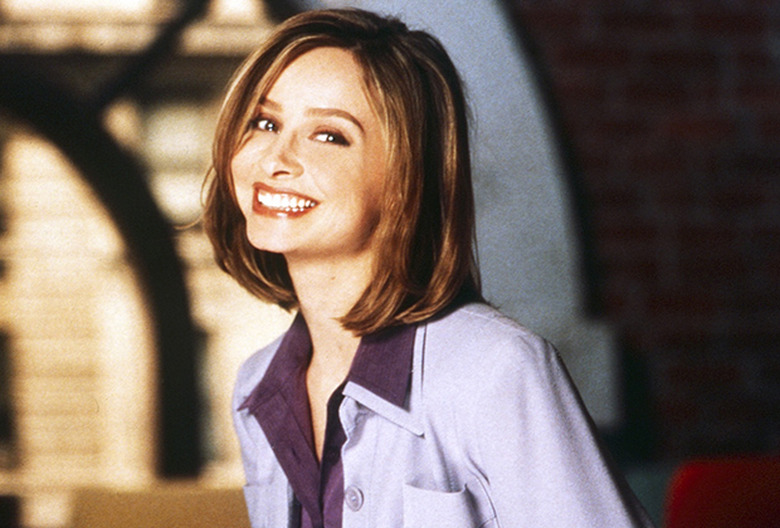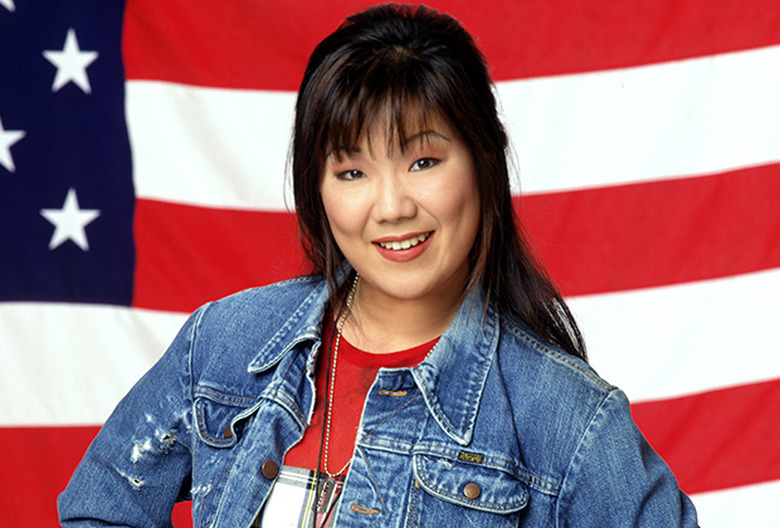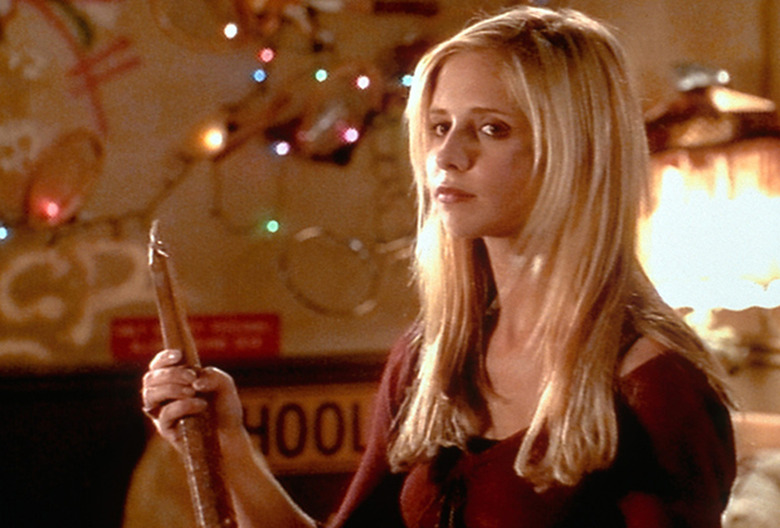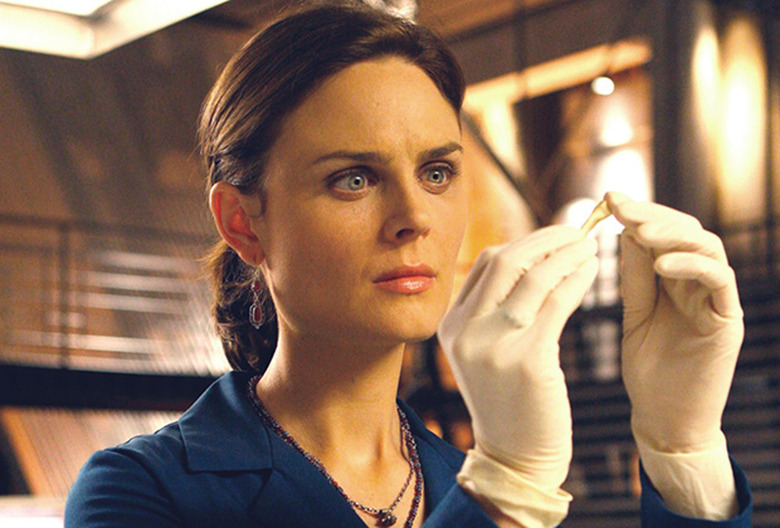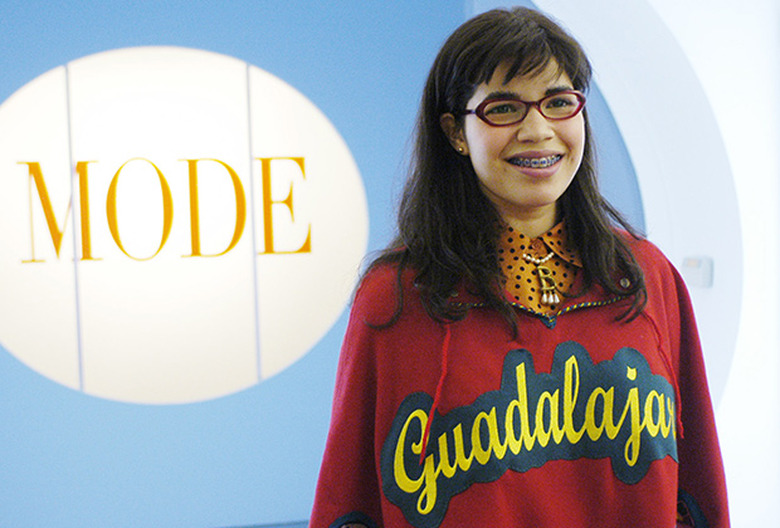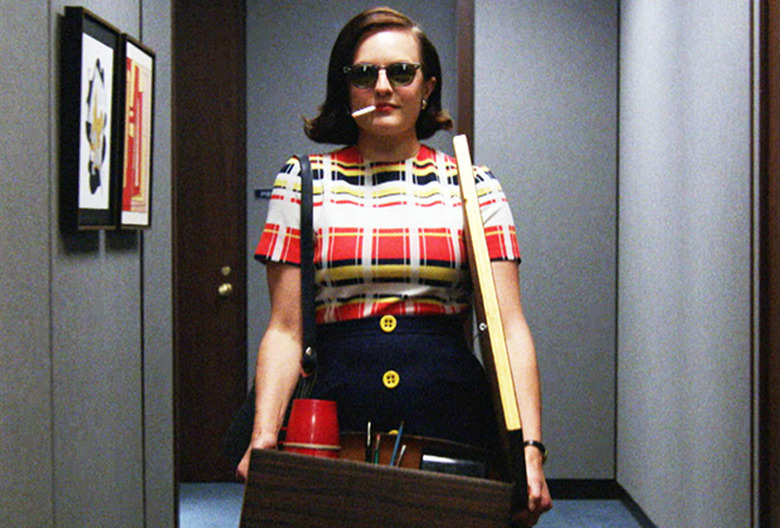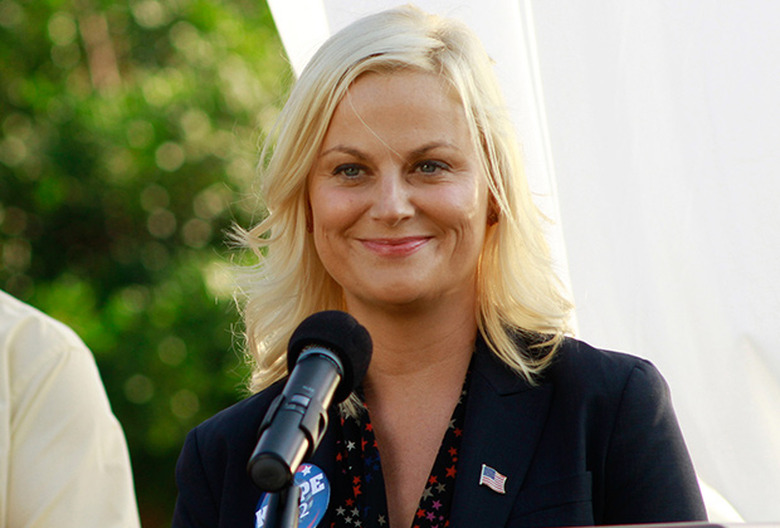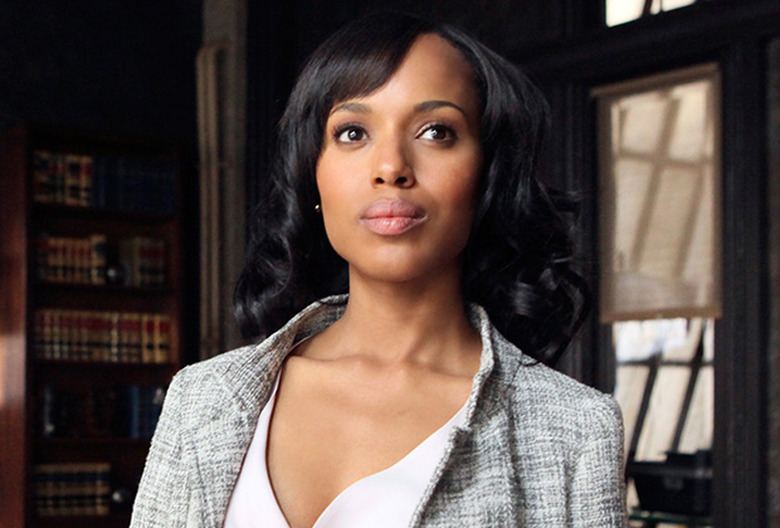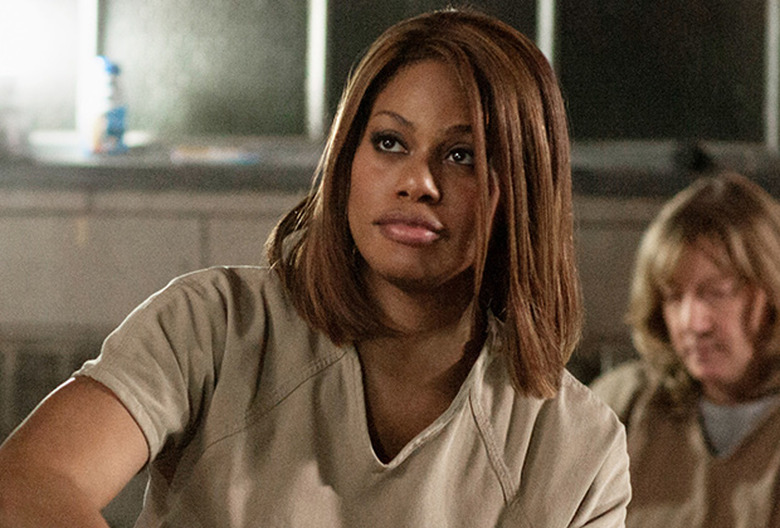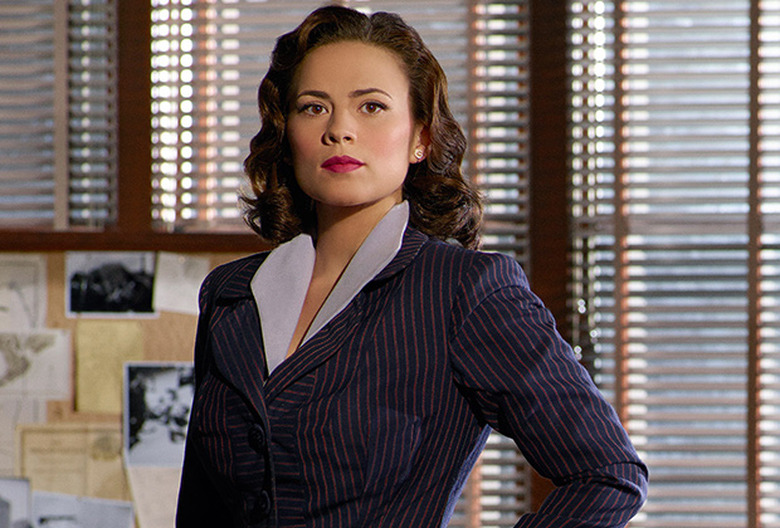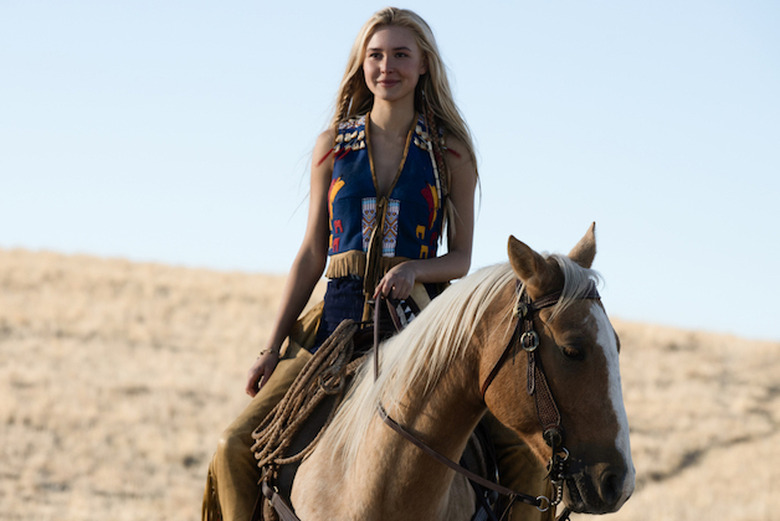Female TV Trailblazers: 25+ Characters Who Made A Big Impact On The Small Screen, From Lucy To Buffy And Beyond
Despite the many obstacles still to overcome, there's no denying that we're living in a golden age of television where complicated, dynamic female characters are plentiful and deserve to be celebrated.
But how did we get here? Which female characters of yesteryear paved the way for today's fan favorites? And which current characters continue to forge new paths?
In honor of International Women's Day, TVLine has compiled a list of trailblazing female characters, many of whom shook the very foundation of the television landscape. Among the iconic creations who made the cut, you'll find lawyers, journalists, doctors and even a few intergalactic authorities. Because women contain what? Multitudes.
Read on to celebrate 25+ female characters who helped shape (or reshape) TV, including some who continue to walk the very trail they blazed, then drop a comment with your own additions to the list. There really is no limit.
LUCY RICARDO, I LOVE LUCY
Not only did Lucy (played by Lucille Ball), a housewife of the 1950s, regularly stand up to her husband Ricky (as Alice Kramden would do years later with her Ralph), she also had dreams — oversized, often outlandish dreams, that she pursued with passion. In fact, she was no less than indefatigable, to tremendously comedic effect.
LOIS LANE, MULTIPLE SUPERMAN SERIES
Whether played by Noel Neill (on Adventures of Superman), Teri Hatcher (Lois & Clark: The New Adventures of Superman), Erica Durance (Smallville) or Elizabeth Tulloch (Superman & Lois) — or voiced by any number of actresses over the years — Lois Lane has been as much defined by her commitment to truth, justice and the American way of journalism as by her Boyfriend of Steel. She set a standard of "no damsel in distress" self-reliance that the likes of Iris West and Felicity Smoak would aspire to meet.
NANCY DREW, THE HARDY BOYS/NANCY DREW MYSTERIES
Veronica Mars may leap to mind when one thinks about teen detectives of the small screen, but she and so many others are sleuthing in the footsteps of the legendary Nancy Drew, first played on TV by Pamela Sue Martin in 1977's The Hardy Boys/Nancy Drew Mysteries. When The CW revived the character in 2019, Martin gave her seal of approval by guest-starring in the pilot.
NYOTA UHURA, STAR TREK
There is no understating the importance of Nichelle Nichols' presence on the 1960s sci-fi series, being a Black woman playing the Enterprise's communications officer. As Whoopi Goldberg had said she told her family upon first watching Star Trek, "I just saw a Black woman on television; and she ain't no maid!" And no less than Martin Luther King Jr. sought out Nichols at an NAACP fundraiser to introduce himself as "your greatest fan" and then urge her not to quit after Season 1. "For the first time, we are being seen the world over as we should be seen," Nichols said MLK told her.
ANN MARIE, THAT GIRL
A sitcom about a single woman living on her own and pursuing a career may sound commonplace today, but it was a fairly progressive concept when Marlo Thomas' feminist icon Ann Marie first winked at herself in that department store window back in 1966. Considered by many to be a precursor to The Mary Tyler Moore Show, this quirky comedy even ended prior to Ann getting married so as not to send the message to young female viewers that marriage should be the ultimate aspiration. In all respects, Ann Marie really was that girl.
JULIA BAKER, JULIA
Over the course of its 1968-71 run, the NBC sitcom named for Diahann Carroll's widowed nurse took heat for its whitewashed depiction of Black life. However, its title character is still beyond noteworthy, as she was the small screen's first African-American series lead who wasn't portrayed as a servant. What's more, the role positioned Carroll to become the first Black actress to be nominated for an Emmy.
ERICA KANE, ALL MY CHILDREN
Back in 1973, Susan Lucci's iconic character became television's first woman following the Supreme Court's landmark Roe v. Wade ruling to have a legal abortion. Though more than 30 years later, the story was "untold" — and future Melrose Place actor Colin Egglesfield cast as the unusually buff "fetus" — that dubious decision did nothing to dull the impact of Erica exercising her right to choose.
MARY RICHARDS, THE MARY TYLER MOORE SHOW
Time once touted the CBS sitcom as one of "17 Shows That Changed TV," by being"a sophisticated show about grownups among other grownups." And chief among that group was Mary, a single woman of 30 who gave her career, as a Minneapolis TV news producer, her all, sometimes agitating boss man Lou along the way. She could turn the world on with a smile, yes. But more impressively, Mary had spunk — and we like spunk.
MAUDE FINDLAY, MAUDE
Based on series creator Norman Lear's then-wife, Maude was so well-received on All in the Family that CBS gave her a spinoff, one which regularly tackled nuanced controversies. Two months before the Supreme Court ruled on Roe v. Wade, a 1972 episode titled "Maude's Dilemma" centered around the character's decision to have an abortion after she and her husband determined that they were too old to raise another child. Arthur received four Primetime Emmy Nominations for the role of Maude, eventually winning in 1977.
COLLEEN MCMURPHY, CHINA BEACH
The ABC drama was, in itself, trailblazing: It looked at the Vietnam War through the eyes of the women — particularly the nurses and volunteers — who served there. McMurphy, played by Dana Delany, was a Midwestern nurse stationed at an evacuation hospital near the front lines and stood as a conduit for the horror, trauma and sacrifice that the war visited upon its often-forgotten female contingent.
CLAIR HUXTABLE, THE COSBY SHOW
No list of TV's top moms is complete without Clair, a pillar of feminism whose power extended from the courtroom to the living room and beyond. When Michelle Obama was asked about people comparing her to Phylicia Rashad's character, the former first lady said that "being compared to American icons like Clair Huxtable is flattering."
CAPTAIN KATHRYN JANEWAY, STAR TREK: VOYAGER
Though other female captains had boldly gone where no man had gone before (click here for a comprehensive breakdown), Kathryn was the first to anchor her own Star Trek series with 1995's Voyager. And her legacy lives on, as actress Kate Mulgrew recently returned to the franchise, voicing Captain Janeway on Paramount+'s animated Star Trek: Prodigy.
LISA SIMPSON, THE SIMPSONS
From the start of the long-running animated comedy, the young firebrand voiced by Yeardley Smith has stood tall for not only womankind but brainiacs everywhere, defiantly marching to the beat of her own drummer — the jazzy tune of her own sax? — and making it known that, as she once had to tell dad Homer, "Nerds are nothing to fear."
MURPHY BROWN, MURPHY BROWN
Debuting in the '80s and rolling right in the '90s, Candice Bergen's tough-cookie news anchor was the perfect bridge for those two eras: a working woman who had it all — and had a sensitive side, too. (Not that she'd ever let you see it.) She was terrific at her job, interrogating dictators without breaking a sweat, and she caused a national stir by becoming a single mother, earning the ire of then-VP Dan Quayle. He called her a bad example, but he was wrong, of course. She actually helped remove the stigma of single motherhood for generations to come.
ROSEANNE CONNER, ROSEANNE
What made the Conners special was their realistic portrayal of a working-class family, and no one exemplified that more than the family's matriarch. Not only did Roseanne show us how hard it was for the average American to juggle bills, kids, a house and more, but Rosie used her bone-dry sarcasm and cutting zingers for good, standing up for underdogs in need and always resisting unjust authority.
DANA SCULLY, THE X-FILES
The enigmatic Dr. Scully walked so Bones' Temperance Brennan — and all the other whip-smart, hyper-logical, measured purveyors of science in the name of crime-fighting — could run. A medical doctor who chose to put her smarts to work at the FBI, Gillian Anderson's Scully provided the perfect foil for Fox Mulder's impassioned (and, yeah, often half-cocked) pursuit of extraterrestrial life.
ELLEN MORGAN, ELLEN
Long before she evolved into an Emmy Award-winning daytime juggernaut, DeGeneres starred in her own self-titled ABC sitcom, during which time her persona made history as the first main character of a TV show to come out as gay. That historic moment (nestled into 1999's curiously titled "The Puppy Episode") coincided with DeGeneres' own coming out.
ALLY MCBEAL, ALLY MCBEAL
Sure, some will roll their eyes at Calista Flockhart's flighty lawyer being labeled a "trailblazer" — Time magazine infamously put her on the cover and asked, "Is feminism dead?" — but we'll argue for her defense. She boldly wore her heart on her sleeve (almost literally, thanks to her nagging hallucinations) and was radically transparent about her emotional needs and pursuit of romantic love. She told us it was OK to want the perfect job and the perfect man... and a dancing baby, too, while you're at it.
MARGARET KIM, ALL AMERICAN GIRL
Though not the first U.S. TV show to star an Asian actress (shout-out to Anna May Wong!), this short-lived ABC series was the first primetime sitcom to center around an Asian American family, with Margaret (played by Margaret Cho) at its heart.
BUFFY SUMMERS, BUFFY THE VAMPIRE SLAYER
OK, so Buffy wasn't the first slayer — there's a whole storied lineage and all — but Sarah Michelle Gellar's bloodsucker-banisher was the first on TV, and the first to successfully off the occult while keeping up a thriving school, family and romantic life (and that last part involved dating a vamp, the ultimate example of bringing your work home with you).
TEMPERANCE BRENNAN, BONES
Emily Deschanel's Brennan was an impressively self-assured forensic anthropologist, who was unapologetically herself, ruled by science, facts and logic. As a pioneer in both her professional field and as a character, Brennan was a role model who no doubt inspired some viewers to pursue a STEM-related career.
BETTY SUAREZ, UGLY BETTY
A fish out of water in the world of fashion journalism, America Ferrera's character dealt with daily assaults on everything from her figure to her Mexican heritage. But rather than cave to the judgmental monsters in her life, Betty proved that your differences can also be your strengths, ultimately finding success in the office and in her personal life — with the two occasionally (OK, frequently) overlapping.
PEGGY OLSON, MAD MEN
Don Draper was the lead character of AMC's ad-man drama, but Peggy was really its secret weapon, evolving across the seasons from a mousy secretary to a self-assured ad executive. She learned the ropes from Don and then left the nest to take flight on her own, impressing her mentor with her sharp instincts and inspired ideas. In a way, Elisabeth Moss' character encapsulated the journey of the American woman in the 1960s from accessory to main attraction — and we still wish we got to see how high she was able to climb.
LESLIE KNOPE, PARKS AND RECREATION
As perfectly played by Amy Poehler, Pawnee's deputy parks director was so dorky, she was cool. She attacked each day with a tenacious optimism, and her earnest belief in the goodness of people was positively contagious. (Even a grump like Ron Swanson couldn't help but love her.) She was a girl boss, yes, but she didn't do it for her own glory. Instead, she worked overtime to lift up those around her and make her hometown a better place. That deserves some waffles, right?
OLIVIA POPE, SCANDAL
Female antiheroes aren't nearly represented on TV as often as their male counterparts, much less Black female antiheroes. Yet that's exactly what Kerry Washington's unforgettable character was — a poised-yet-flawed, strong-yet-vulnerable Black woman who was constantly challenged by her own moral compass in her quest to "fix" Washington, D.C. Powerful themes of inequality, both in race and gender, followed Olivia through all seven seasons of one of Shonda Rhimes' greatest creations.
SOPHIA BURSET, ORANGE IS THE NEW BLACK
Before Transparent and Pose came along, Laverne Cox was opening people's eyes to the transgender community on this Netflix dramedy. Sophia was, and remains, among the most dynamic trans characters TV has ever seen — and in real life, Cox became the first transgender person to be nominated for a Primetime Emmy in any acting category. Viewers witnessed Sophia go to hell and back, as she railed against a reduction in her hormone dosage and endured a stint in solitary. But she came out even stronger and went on to open her own hair salon once she left Litchfield. In a 2020 interview with TV Insider, Cox stressed just how important it was for audiences to see a Black trans woman achieve her dream. "The trans people in real life need to see it. Non-trans people in real life need to see that," she said. "If we can see it on-screen, then we can begin to imagine it. That's what Sophia's evolution and her ending... means for me."
PEGGY CARTER, AGENT CARTER
We first met Hayley Atwell's Peggy on the big screen, where she flexed her liberated muscle while keeping the mighty Captain America on mission. And soon as the credits rolled, we had to know more about this woman of substance. As the focus of her own ABC series, Peggy once again bumped heads with pig-headed superiors at the SSR, all while all-too-ably masterminding top-secret missions tied to the next-gen handiwork of Howard Stark. It was very much a 1940s man's world that Peggy lived in, yet she again and again proved herself to be quite a wonder woman.
ELSA HUTTON, 1883
James and Margaret Dutton's fiercely independent teen daughter was an actual trailblazer on the Oregon Trail. The farther her family's wagon train got from civilization, the more Isabel May's Elsa came alive: Halfway through the season, she'd turned into a chaps-wearing, rope-slinging, Commanche-marrying cowboy — and her brazen disregard for the laws of polite society may just have been the thing that saved her family from a deadly attack.
